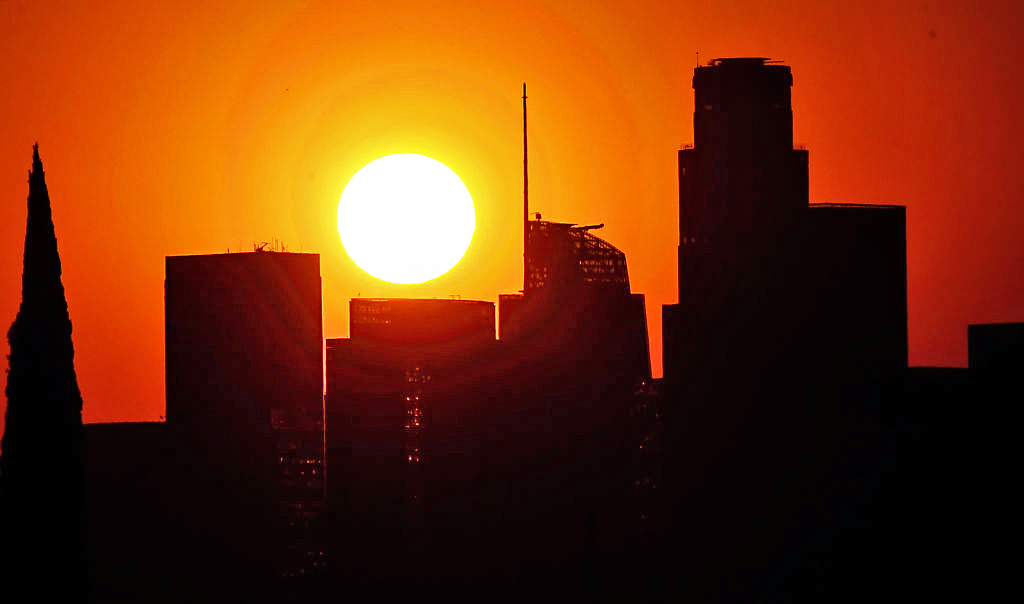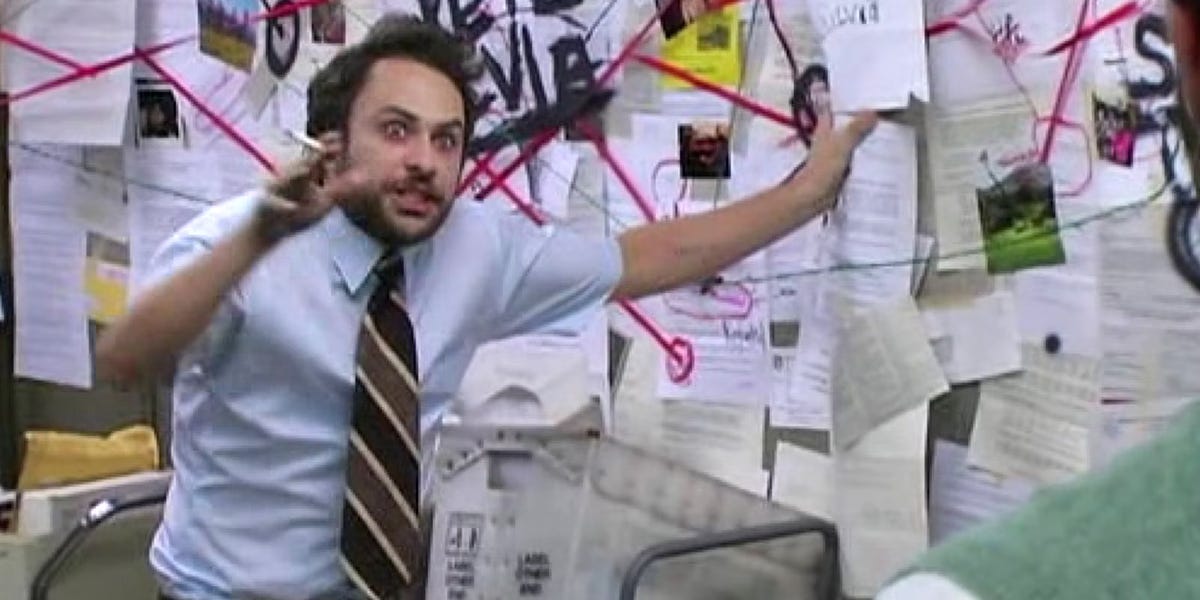Really not a great idea to take a Bret Weinstein article seriously, he's the king of trying to normalize outlandish theories and fear-mongering.
It’s frustrating to watch the worst sort of conspiracy theorist become a thought leader by scaring and misleading people

jessesingal.substack.com
A huge solar storm could certainly disrupt the electric grid, but some of the claims he is making feel quite far-fetched to me. For example:
Few who faced the initial blackouts had any idea what had happened, how big an area was affected, or that substantial grid repair would take years. The blackout cut them off from power, yes, but also from information. Most assumed their electricity would be back within hours or days.
Electrical blackout doesn't mean a complete information blackout. Cell phones would still work until their batteries run out, and many cell towers have backup power sources. Radio and television stations have backup generators to allow them to continue broadcasting during an outage. Some people would get information via battery-powered radio, or well-charged cell phones with backup batteries and/or power banks, but it's also become more and more common for people to have home solar, or backup home battery storage (inverters), even an electric car can power a home in many instances.
Of course, many people would be without a directs source of information. But those people who were getting information would pass it on. Neighbors would talk to neighbors, police or military would be conscripted to distribute notices. Word regarding the general situation would spread.
By the second and third consecutive nights, the mood became increasingly panicked. People started trying to flee the blackouts by car. Most, not knowing how far it extended, made their situation worse. Without power, no gas was available, and so these first refugees were forced to abandon their vehicles haphazardly. Roads became blocked. The military tried to keep order, but their attempts to calm the population with false promises and inadequate aid caused them to be viewed with suspicion and hostility and sometimes targeted. Desertions became common as soldiers set out to protect their families.
He's suggesting that blackouts would cause people to flee their homes until gas ran out, would cause the population to target the military, and would cause military members to begin deserting....2-3 days into the blackouts. Seriously.
Even where the power remained on, life was not normal. Those near the blackout border quickly faced armed raids from the dark zones. Residents fled toward the powered interior. Wave after wave of refugees arrived — drawn to anything functional, quickly overwhelming it and creating new refugees. As everyone saw chaos erupt around them, they became intensely focused on immediate needs. Everywhere, there was hoarding. The sound of gunfire became ubiquitous as armed syndicates emerged to overwhelm isolated preppers. The distinction between offensive and defensive killing was lost. Canned and freeze-dried food became inconceivably valuable. Currency became worthless as people realised society was unrecoverable.
This is....how long into the blackouts? He jumped from "by the 2nd and 3rd nights, some people might drive around" to "America devolves into armed factions led by warlords" without giving a single additional timeline.
Just a few years ago, Puerto Rico had a blackout where like 90% of the country was off the grid for weeks and hundreds of thousands of people were off the grid for months. People didn't go apeshyt over it.
In the third week after the collapse, a helicopter clipped a light pole in the fog and crashed at the North Anna reactor in Virginia, spilling its fuel and sparking a devastating fire that engulfed the generators. Retardant dropped from above was sucked into the air intakes, and the combination killed the power, which remained out long enough for the reactor cores to meltdown and slump. The containment breached, forcing the site to be abandoned.
I don't know much about how nuclear power plant sites are set up, but "flying a helicopter carrying thousands of gallons of fuel so close to the site that it sparks a nuclear meltdown" seems unnecessary to me. He doesn't think the people actually in charge of flying the helicopters would be able to keep them slightly further away from the reactors than that?
Not to mention that using helicopters to transmit fuel would be a huge waste - they would be transmitting the fuel by train or truck.
Meanwhile, the population was nearly helpless as the skills they had acquired for the pre-collapse world were rendered useless. Many thought that, with modern weapons, they could hunt their way through lean times — the result being that populations of every terrestrial animal one might think to eat crashed all at once.
There are 40 million cows in America, if we really descended to Mad Max status, I'm pretty sure folk would be picking off cows first before they started crashing wildlife populations.
Hundreds of thousands of humans fled into the wilderness, many with no idea how to function there. The result that first summer was unprecedented wildfires — some started carelessly, some set deliberately by people hoping to flush out animals. In North America, 100 years of foolish forest management centred on fire suppression had left a giant tinderbox. Post collapse, there was no firefighting effort to contain these blazes. They burned, hot, until they went out, desertifying vast landscapes, killing many, and creating ever more refugees with nowhere to go.
That claim only works if the government has entirely ceased to function, because firefighting efforts really aren't all that resource-intensive in the grand scheme of things. And nowhere in his essay has he explained why government would cease to function. The government would be resiliant to virtually every issue he's brought up so far, so why wouldn't they be able to muster fire-fighting efforts?
 long and terrifying read, this is just part of it
long and terrifying read, this is just part of it
